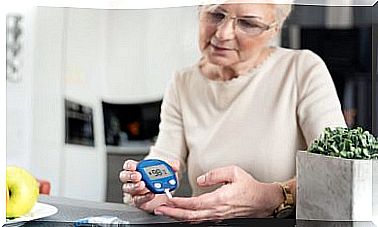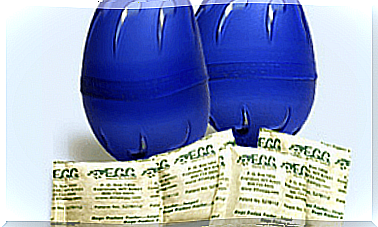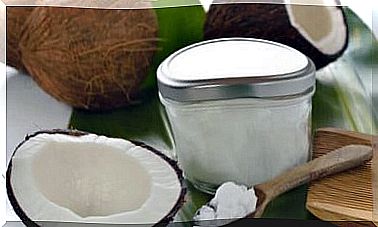Vomiting In Children: How To Act?
Vomiting in children does not always indicate a serious problem; however, it is important to know how to act appropriately to avoid decompensation due to the dehydration they produce.
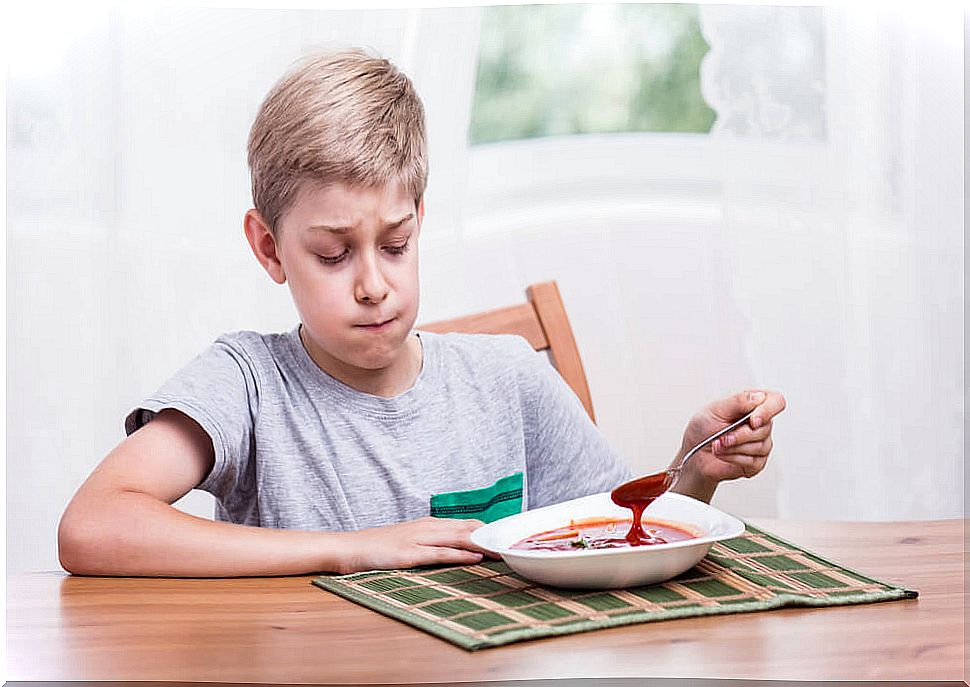
When vomiting occurs in children, it is normal to turn on alerts. Although they are not always caused by a serious illness, it is essential to pay attention to it so that other complications do not occur due to dehydration.
This symptom can be the result of an intestinal infection, a cold, or simple nerves. Regardless of its cause, there are some general measures that can help speed your recovery.
Below we want to review some relevant aspects that should be considered and various cares that facilitate its treatment at home.
What is vomiting?
Vomiting is the violent and spasmodic expulsion of stomach contents through the mouth and nose. Although they were developed as a mechanism to expel ingested toxic substances from the body, they also appear as a symptom of many diseases.
They should not be confused with regurgitation, which is the forceless rise of a small amount of food or liquid. This last symptom is quite common in babies and is usually not dangerous.

Addressing vomiting in children is key to preventing dehydration. Although there are not always obvious symptoms, excessive fluid loss can lead to other complications.
What are the causes of vomiting in children?
The most common cause is an infection called gastroenteritis (“stomach virus”). The infection irritates the stomach. Children who are vomiting due to gastroenteritis may also have diarrhea.
Other possible triggers are:
- Head pain or injury
- Urinary tract infections
- Intestinal obstructions
- Food allergies or poisoning
- Accidental ingestion of a drug or poison
- Congenital pyloric stenosis (narrowing of the stomach outlet valve)
How to act in case of vomiting in children
The first measure to act in case of vomiting in children is to let the stomach rest for a prudent time. Food or drinks should not be given for a period of one or two hours, as this favors the reappearance of the symptom.
However, if your child has vomited many times, he may feel thirsty and cannot hold out for that long. So, in these cases, it is appropriate to provide fluids little by little, every 15 or 30 minutes.
Breastfeed in case of babies
Vomiting in babies is common and almost never serious. Therefore, it is normal to continue feeding them with breast milk, either directly from the breast or previously expressed. If vomiting reappears after feeding, it is better to breastfeed in smaller amounts, more frequently.
If vomiting persists or there are signs of dehydration, an oral rehydration solution can be given. It is not advisable to offer water or infusions, especially if the cause is not established.
Oral rehydration solutions
Oral rehydration solutions are drinks that help replace the water, sugar, and salts that are lost through vomiting. In the case of children it is essential to supply them, since they usually have decompensations and signs of dehydration due to this symptom.

There are different commercial pediatric electrolyte solutions that are available in various flavors and for every age.
How to supply this remedy?
- To assess whether the child has sensitivity, he is first given a teaspoon (5 ml).
- You can use a spoon, syringe, or medicine dropper. Of course, if there is no problem for the child or baby to take it, it can be placed in the bottle or in a cup.
- Then, if accepted, the amount is gradually increased to a maximum of 30 ml (1 ounce) every 5 minutes. It is important that the child take it calmly, since swallowing it quickly can trigger more vomiting.
Note : if vomiting persists it does not mean that the solution is not working. The electrolytes provided by the solution continue to be absorbed.
Alternatives to oral rehydration solution
Oral rehydration solution is the most recommended remedy for vomiting in children. However, since some children reject its salty taste, there are some tricks that can facilitate its consumption. If the child does not want to take the solution, he chooses:
- Give it cold or in popsicle or frozen lollipop presentations.
- Mix it with juice, in a proportion of one part of juice and two of whey.
- Choose an electrolyte sports drink from those sold in the market. Although they do not provide the same properties as pharmaceutical solutions, they are useful in preventing dehydration.
Avoid sugary drinks
Sweet juices and commercial sodas should not be part of the treatment of this symptom. Although their taste is very attractive, they are heavy on the digestive system and can make it difficult to control the underlying cause.
Maintain a healthy diet
Feeding in case of vomiting in children is normal. Any food can be offered. But, of course, it is best to avoid copious or overly irritating dishes. Also, it is not advisable to give whole dairy or processed products.
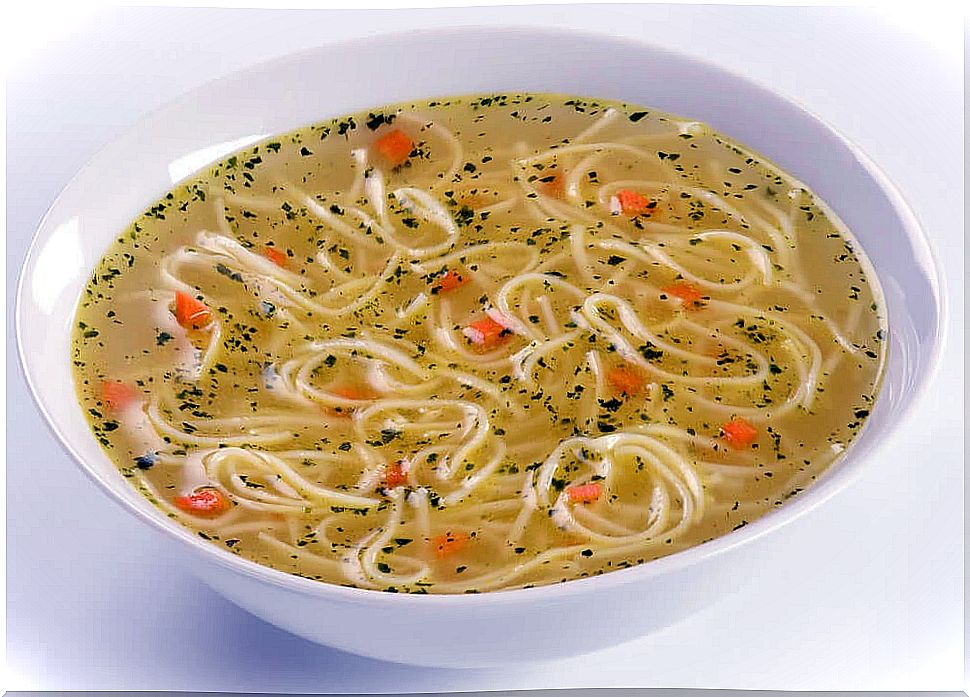
After a few hours of rest, the child can start consuming healthy foods such as:
- Whole grains
- Broths or soups
- Fruits and vegetables
- Lean meats
- Lactose-free dairy
Medicines
Before administering any medication to children, you should consult your pediatrician. Aspirin should not be used unless directed by your doctor. When the symptom is persistent, the professional may prescribe an antiemetic medication. These types of treatments are used in a single dose.
In summary, to treat vomiting cases in children it is essential to ensure their rest and provide them with an oral rehydration solution. Any sign of complication or alert will have to be evaluated instantly by a doctor or pediatrician.

